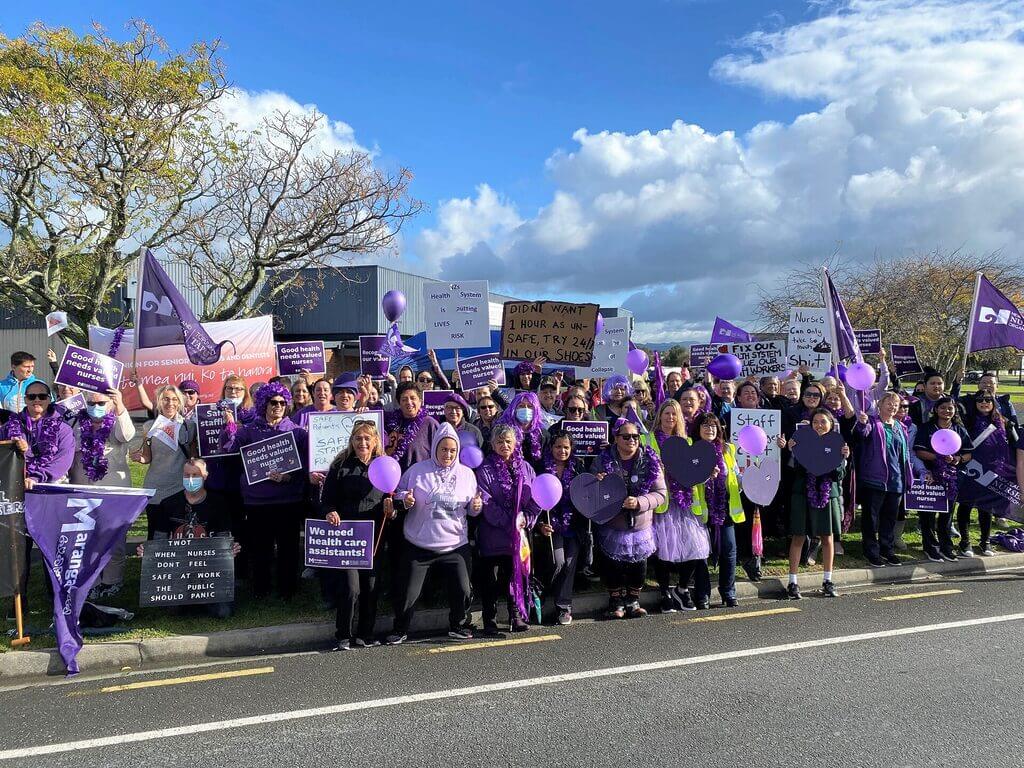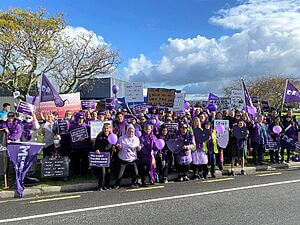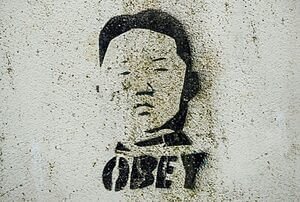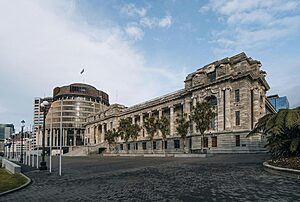In brief
- Controversies trigger debate on abolishing the Human Rights Commission.
- Advocates cite its human rights role, but critics accuse it of bias and misusing funds.
- The Justice Minister lacks confidence in the Chief Commissioner and shared leadership.
- ACT proposes abolishing the HRC for lacking neutrality, reallocating funds to essential services, debt reduction, or tax relief.
Time for abolition?
The question of whether to abolish the Human Rights Commission (HRC) warrants serious consideration. Recent developments and a history of controversies surrounding the HRC have prompted debate about the necessity of this taxpayer-funded organisation.
To begin with, proponents of the HRC argue for its importance in protecting human rights and view attacks against it as attacks on those rights. Critics, including many in Government, view the HRC as blatantly leftwing and abusing its position and public funds to agitate for a political agenda when it should be neutral.

Image: Mr28192332
This political agenda includes, in part, promoting co-governance, advocating for benefit hikes, pushing for a ‘living wage,’ and imposing speech restrictions.
Essentially the HRC is arguing to change the commonly understood meaning of human rights to what they and their very progressive mindset want it to be. It is easy to see why the left leaning parties would want such an institution and why the right leaning parties would be less inclined.
A costly and controversial entity
Newly appointed Justice Minister Paul Goldsmith’s decision not to express confidence, in either Chief Human Rights Commissioner Paul Hunt or the appointment of Julia Amua Whaipooti as a shared leader of the HRC, have raised questions about the organisation’s future. In all likelihood, the coalition government will take steps to clip the HRC’s wings, if not abolish it outright.
Ideologues masquerading as neutral
It is with some chutzpah that the HRC has decided to press on with the recent appointment of another co-Chief Executive, with a substantial salary of up to $286,900, in an effort to “honour the principle of Treaty partnership”. This is seen by some as out of touch with the views and aspirations of everyday New Zealanders, especially in light of the new coalition government’s mandate to reign in the rapid expansion of a left wing pro Māori view of so-called “Principles” of the Treaty of Waitangi.
Whaipooti’s background in the left-wing criminal justice reform group JustSpeak, where she advocated for a ‘world without prisons,’ can be seen as evidence the HRC lacks neutrality. The appointment of Claire Charters, co-author of the He Puapua report, further highlights the Commission’s perceived ideological bias.
ACT MP Todd Stephenson suggests that “the tidiest course of action is to abolish the Commission entirely, commit to political neutrality in the public sector, and leave ideological debates to elected representatives. The money saved could be redirected toward core services, debt reduction, or tax relief for working Kiwis.”



















